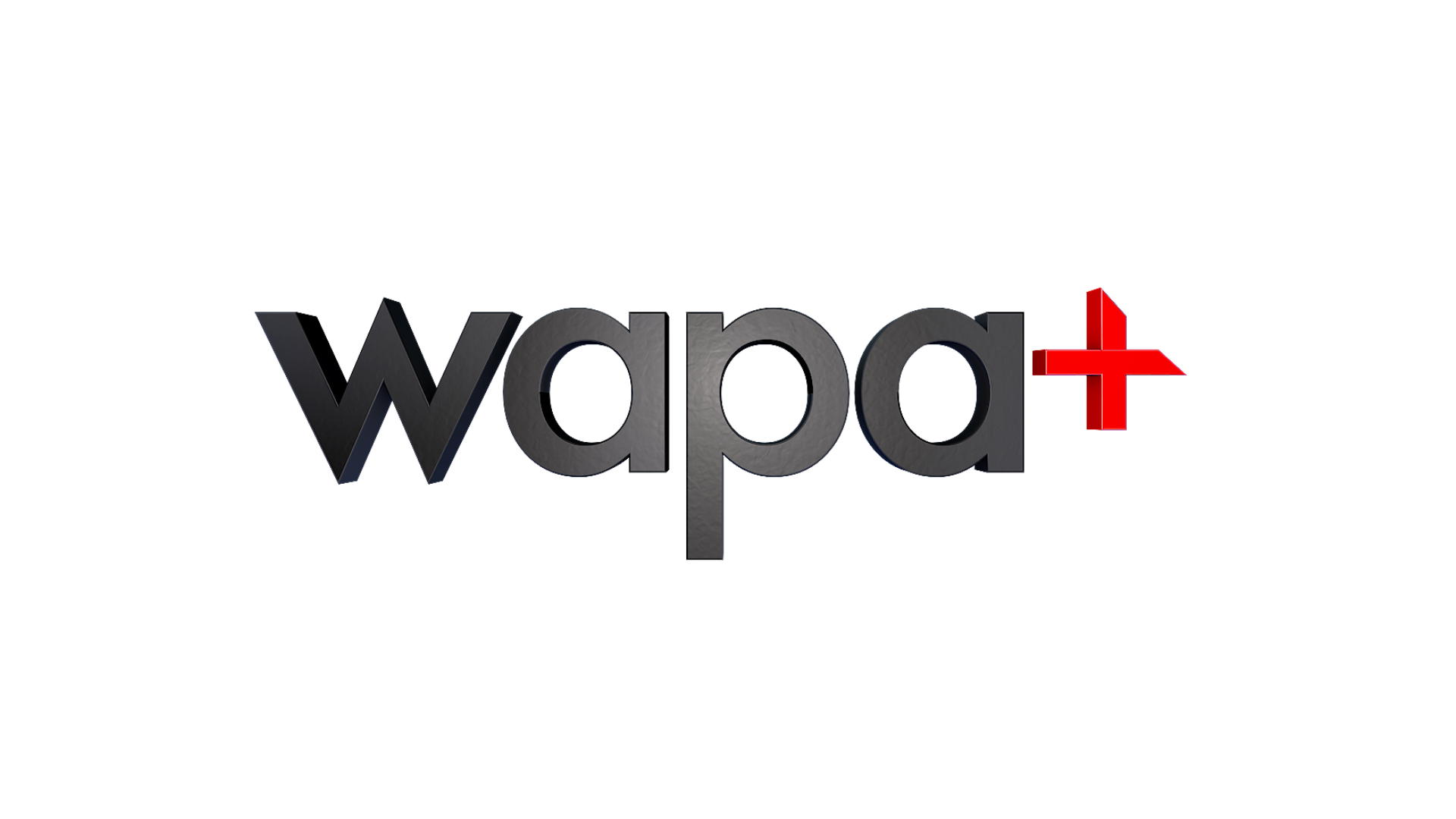International airwave roundup
Nova TV granted broadcast license amid controversy
The Bulgarian Committee for the Regulation of Communications (CRC) has granted Nova TV a nationwide broadcasting license.
Headquartered in Sofia, Nova TV will become the country’s third national TV channel. Greek businessman Minos Kiriakou owns Nova TV.
Nova TV competed with TV-2 and Nova Holding company for the broadcast license. Both announced they would appeal the CRC decision.
The license allows Nova TV to begin broadcasting three days from the time it receives the license.
A major point of contention appears to be Bulgaria’s media law, which among other things prohibits companies that are not registered in Bulgaria from having a programming license.
Deadline nears on Star TV ownership question
Get the TV Tech Newsletter
The professional video industry's #1 source for news, trends and product and tech information. Sign up below.
Star TV, Rupert Murdoch’s 24-hour news channel, has less than a week to explain its ownership to the Indian government’s Broadcasting Ministry which has referred to the company’s equity structure as “fuzzy.”
Failure to adequately explain its ownership in a way that satisfies the ministry will result in the government shutting down its satellite uplink in the country, a step that would be sure to put it at a disadvantage to domestic competition.
Under Indian law, foreign ownership of media is limited to 26 percent, which the news service exceeded. Star TV was granted three months to reduce its foreign ownership to 49 percent. It did so by selling a large portion of ownership in its uplink company to seven people. However, it is believed that many of those people have since resold their shares, throwing into question the degree of foreign ownership in the operation.
State authority denies Armenian broadcaster license reauthorization
Armenia’s A1+ channel, a regular critic of the government, has failed to gain authorization from the country’s TV and radio authority for a broadcast license to restart transmissions.
Founded in 1991, A1+ is among the country’s first private television outlets and was taken off-the-air in May 2002 when a new law required all television broadcasters to seek reauthorization from the state.
The National Committee for Television and Radio Broadcasting handed down its decision last week. Replying to the committee’s failure to grant A1+ a license, critics charged that the decision was political. Journalists from A1+ have started a newspaper and Web site while waiting for the reauthorization of the license.
